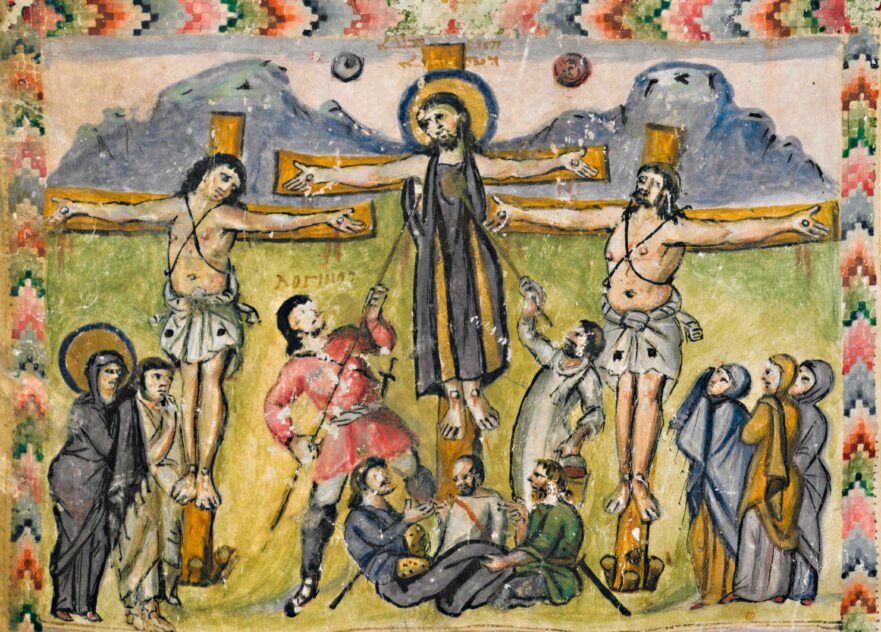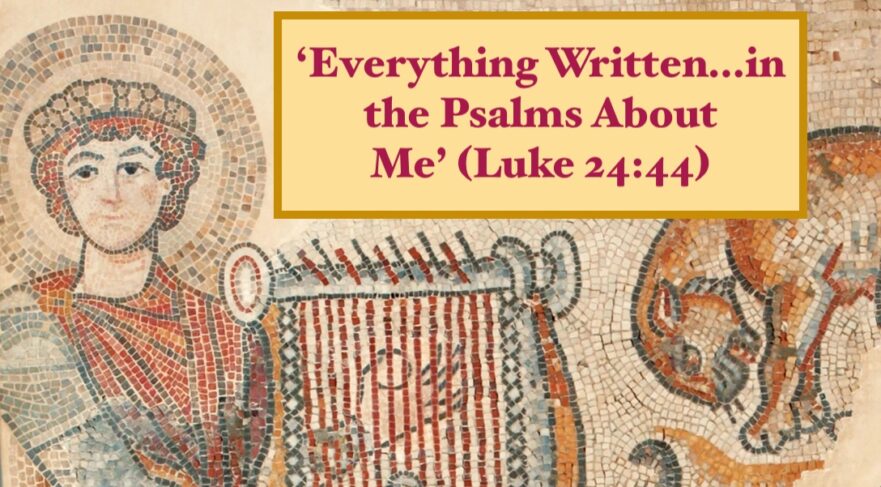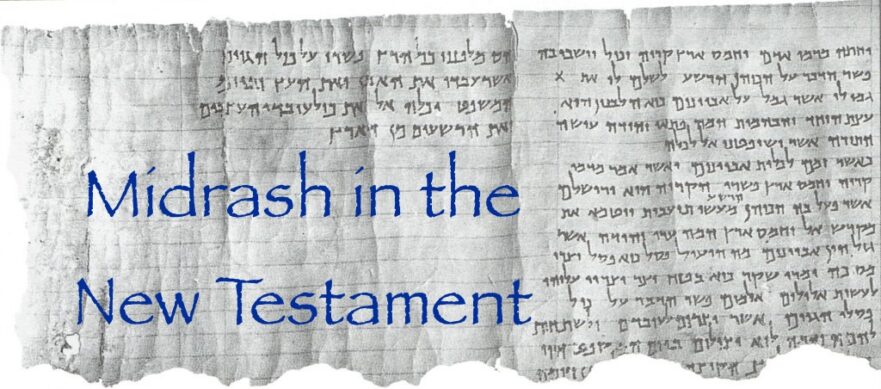The story of Jesus’ passion told through readings by Johnny Cash and songs by Bob Dylan.
What Is the Leaven of the Pharisees?
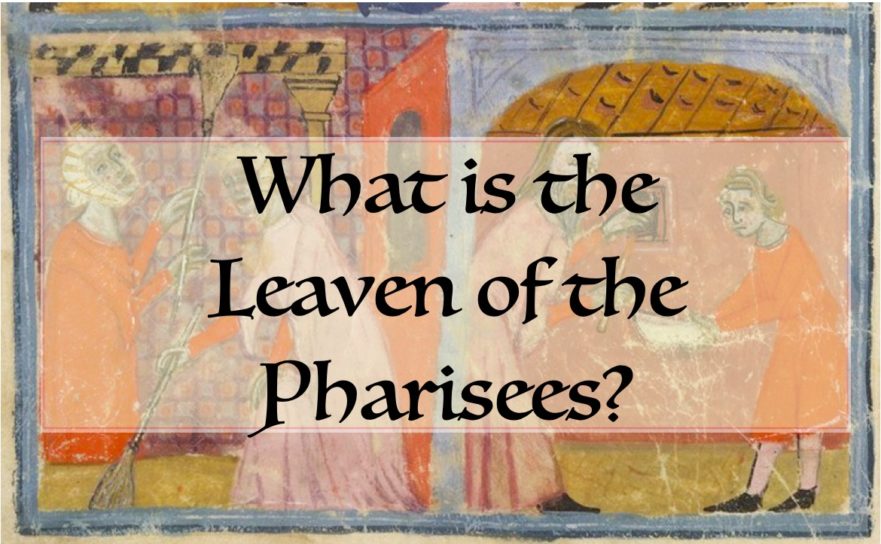
The Gospels of Matthew, Mark and Luke give three different answers. Which, if any, is original?
Failures of the Aramaic Solution: Aramaic’s Inability to Explain Jesus’ Halachic Questions on the Sabbath (Luke 14:5; Matt. 12:11-12a)

How well does Aramaic explain Jesus’ sayings on healing on the Sabbath?
Stephen’s Speech (Acts 7:1-53) and Early Jewish Scriptural Interpretation
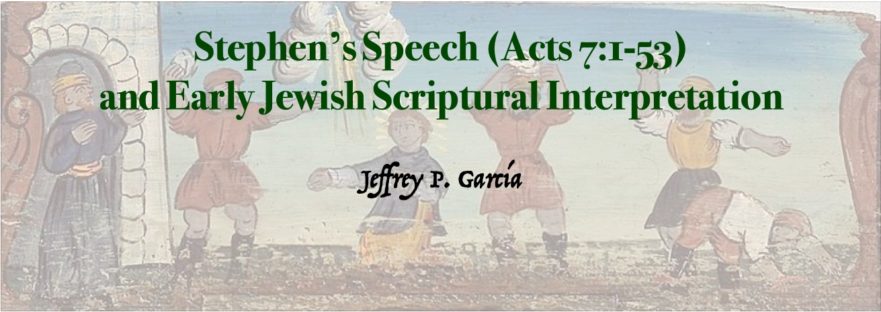
Discover connections between Stephen’s Speech and ancient Jewish literature.
A Synoptic Approach to ‘Lord of the Sabbath’
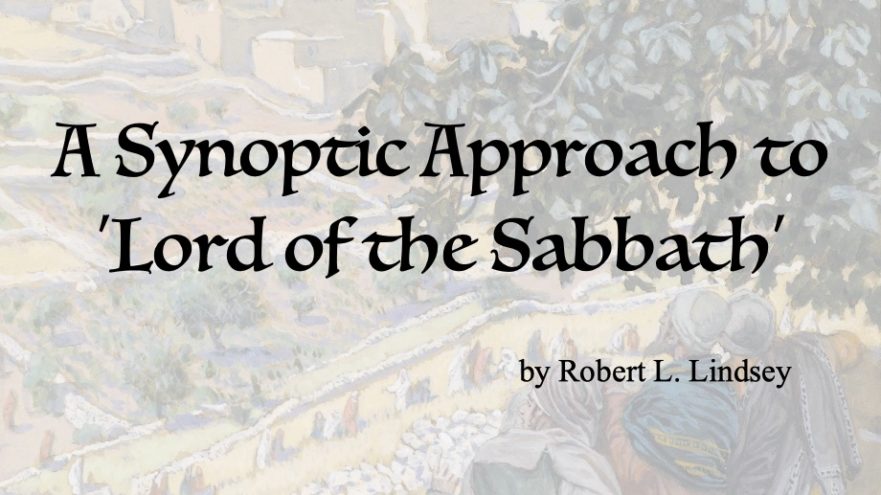
Listen to Lindsey discuss his approach to the ‘Lord of the Sabbath’ pericope.
The Torah in the Sermon on the Mount
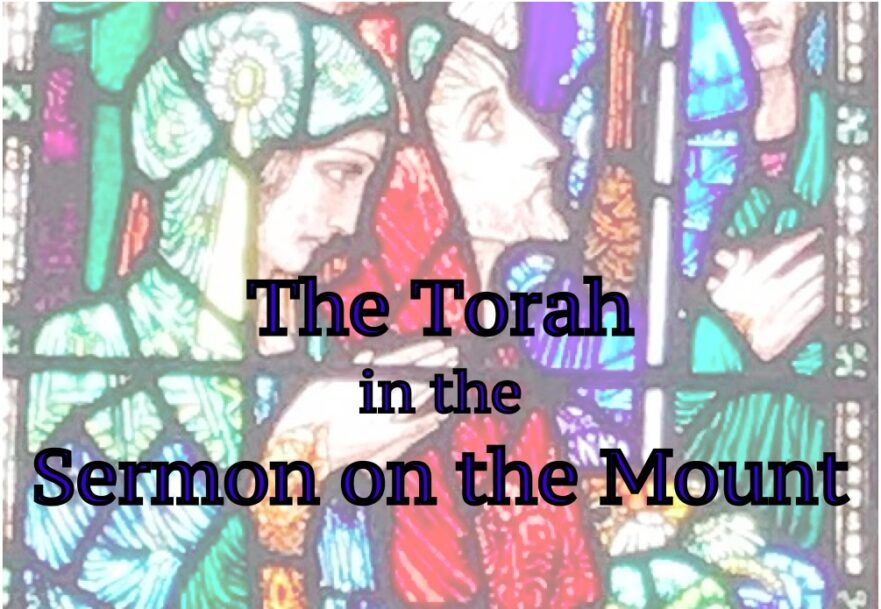
Neither in his personal conduct, nor in the Sermon on the Mount, did Jesus consider himself to be superior to the Torah’s commandments.
Jesus’ Temptation and Its Jewish Background
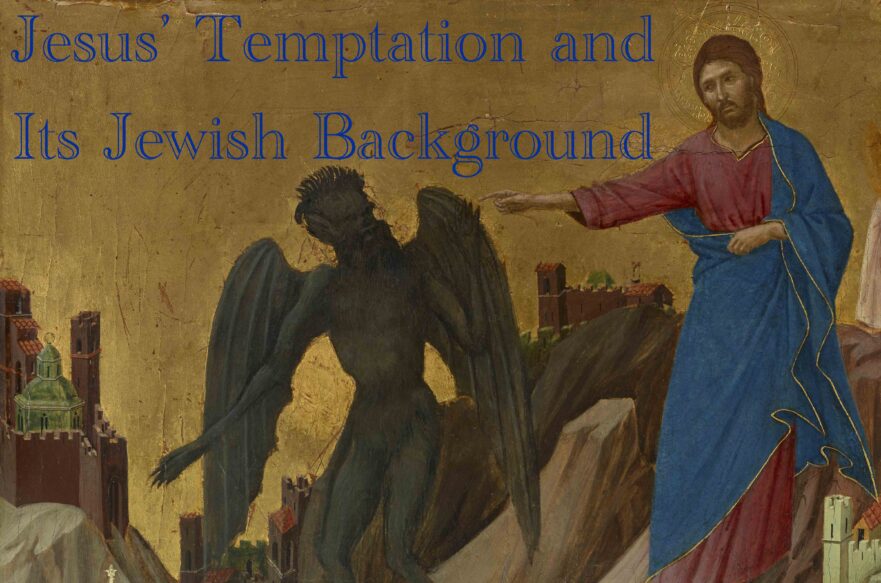
How Jewish tradition informs our understanding of the temptation narrative.

